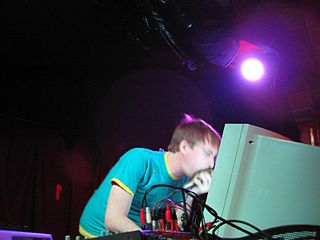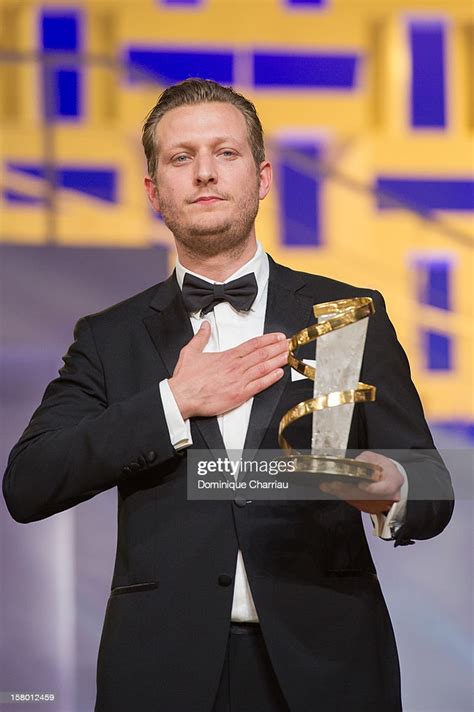Цитата Лидии Дэвис
Я начал писать истории из одного предложения, когда переводил «Путь Свана». Было две причины. У меня почти не было времени, чтобы заняться собственным сочинением, но я не хотел останавливаться. И это была реакция на очень длинные фразы Пруста.
Связанные цитаты
Письмо линейное и последовательное; Предложение B должно следовать за предложением A, а предложение C должно следовать за предложением B, и, в конце концов, вы дойдете до предложения Z. Трудная часть письма — это не написание; это мышление. Вы можете решить большинство своих письменных проблем, если будете останавливаться после каждого предложения и спрашивать: что читатель должен знать дальше?
Писательство заставляет меня сидеть за столом, постоянно пытаясь написать идеальное предложение. Это большая привилегия зарабатывать на жизнь написанием предложений. Предложение — величайшее изобретение цивилизации. Сидеть целый день, собирая эти необыкновенные цепочки слов, — чудесное дело. Я не мог просить ничего лучшего. Это как можно ближе к благочестию.
Я начал писать, потому что хотел писать сценарии, но у меня это не очень хорошо получалось. Затем я начал писать короткие рассказы, что-то вроде обработки сценариев для фильмов, и обнаружил, что мне нравится писать короткие рассказы гораздо больше, чем писать сценарии для фильмов. Потом рассказы становились все длиннее и длиннее, и вдруг у меня появились романы.
Писать — это тяжелая работа. Четкое предложение не случайно. Очень немногие предложения получаются правильными с первого или даже с третьего раза. Помните об этом в минуты отчаяния. Если вы обнаружите, что писать трудно, это потому, что это сложно. Это одна из самых сложных вещей, которые делают люди
Однажды вечером друг дал мне книгу рассказов Франца Кафки. Я вернулся в пансион, где остановился, и начал читать «Превращение». Первая строчка чуть не сбила меня с кровати. Я был так удивлен. Первая строка гласит: «Проснувшись тем утром от беспокойных снов, Грегор Замза обнаружил, что превратился в своей постели в гигантское насекомое. . . ». Когда я прочитал эту строчку, я подумал про себя, что не знал, что кому-то разрешено писать такие вещи. Если бы я знал, то давно бы начал писать. Поэтому я сразу же начал писать короткие рассказы.
У каждого свой подход к написанию песен. Когда ты электронный музыкант, весь процесс написания зависит от тебя. Некоторые люди очень живо пишут электронную музыку, очень импровизируют. Они настраивают много оборудования и делают живые дубли. Меня интересует специфический звук. Нет ни секунды, чтобы я не думал. Я трачу почти столько же времени на свои живые выступления, сколько и на написание музыки, но это два совершенно разных процесса. Некоторые люди думают, что то, как я выступаю вживую, зависит от того, как я пишу песни, что совсем не так.
Задолго до того, как я стала феминисткой в явном виде, я перешла от написания любовных историй о женщинах, в которых женщины были проигравшими, и приключенческих историй о мужчинах, в которых мужчины были победителями, к написанию приключенческих историй о женщине, в которых женщина побеждала. . Это была одна из самых сложных вещей, которые я когда-либо делал в своей жизни.
Я начал писать, когда мне было около 6 лет. Я говорю «писать», но на самом деле это было просто придумывание! Я начал писать и заниматься своими делами. На самом деле я не знал, что такое демо или что-то в этом роде, поэтому я начал интересоваться студийным оборудованием и начал изучать один инструмент за раз. Моим первым инструментом был аккордеон.






































